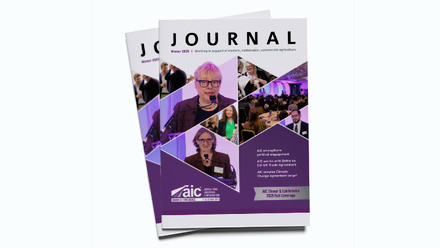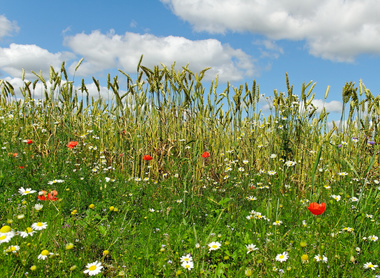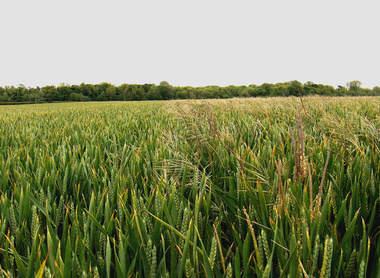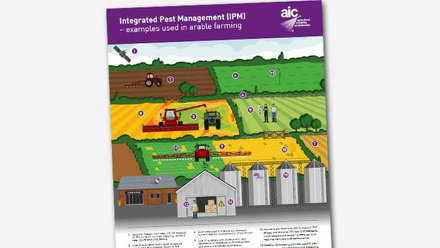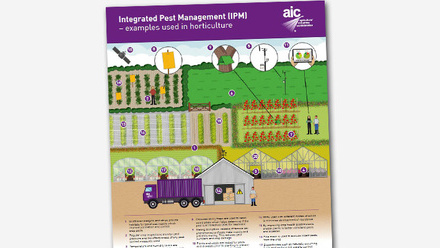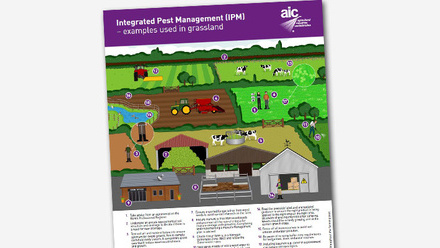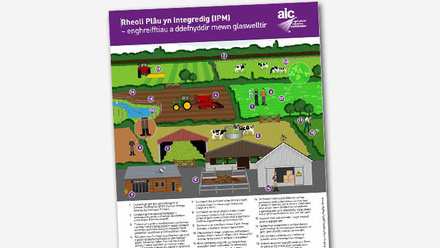About
The Crop Protection Sector represents distributors delivering 90% of plant protection products (PPPs) to farm gate and the largest group of BASIS-qualified agronomists in the UK. AIC supports Member businesses by providing a range of services including lobbying, technical assistance and information and the development of best practice in the use of PPPs.
The aim of AIC's Crop Protection sector is to demonstrate the high standards Members operate to and provide these businesses with the continued freedom to operate. Working across other AIC sectors, and nationally and internationally, the sector assesses and communicates issues that impact on the indsutry's competitiveness and affect the long-term sustainability of UK farming and food production.
Our Objectives
The aim of AIC's Crop Protection sector is to look after the interests of Member companies within the agri-supply industry. This is achieved by following a number of objectives such as:
- Establishing an effective working relationship with appropriate personnel within Government organisations, NGO's and anti-pesticide groups to promote AIC and the activity of AIC Members
- Ensuring Members interests are represented in consultation responses and that new legislation has least adverse effect on businesses
- Providing Members with the information to address public concerns around agrochemical usage and promote the benefits of integrated farming
- Promoting best practice with regard to pesticide storage, distribution and usage
- Making sure Members have the latest information on issues likely to affect their businesses
Benefits
AIC provides a united voice for the sector which is represented at both UK and European Government level. Its work and commitment in the sector provides the following key benefits to Members:
- UK and EU legislation and guidelines reflect the conditions and needs of the Agronomy and Crop Protection Sector
- Member interests are served by a dedicated AIC team member, with the ability to draw on industry experts when appropriate. This releases Members resources and reduces duplication amongst Members
- Having up-to-date information on new and forth coming legislation allows businesses to adapt at least cost and operate within legal requirements
- A united voice for the sector leads to more effective lobbying than numerous individual responses
Latest news and briefings
Legislation and Guidance
Summaries and links are provided to EU and UK legislation, guidance and codes of practice controlling the animal feed industry.
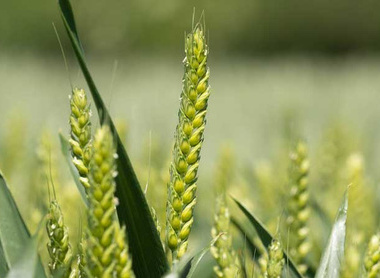
Video series: Adding Value with Distributor Agronomy
In this series, distributor agronomists explain how they add value to their clients' businesses.
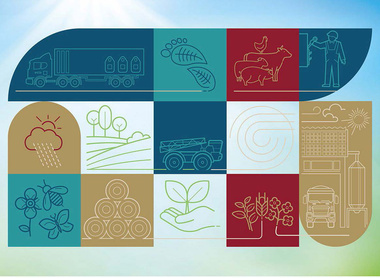
Sustainability in the Crop Protection and Agronomy Sector
See a summary of actions Members operating in the crop protection and agronomy sector could undertake taken from AIC’s Sustainability Action Plan.
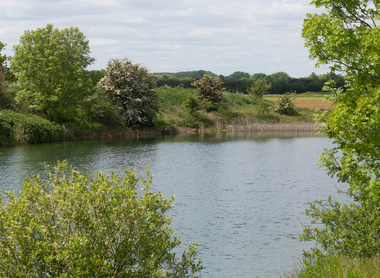
Poly- and perfluoroalkyl substances (PFAS)
A comprehensive overview of PFAS, their uses, environmental concerns, and the evolving regulatory landscape in the UK and EU.
What is Integrated Pest Management (IPM)?
To help government, stakeholders and the public better understand the various practices that constitute Integrated Pest Management (IPM) [PDF], AIC has developed a series of infographics.
The infographics demonstrate the wide range of measures that AIC Members advise farmers and growers on in the arable farming sector.




